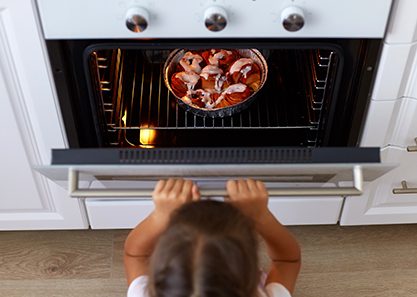Simple steps can help control your bills
Summer pricing is here, and when you use energy matters. Using less energy from 4 p.m. to 9 p.m. is good for the environment (and your budget). We’ve put together tips, resources and programs to help you manage your energy usage & bill. Together, we can make a difference for a cleaner, greener tomorrow. Business customers, click here.
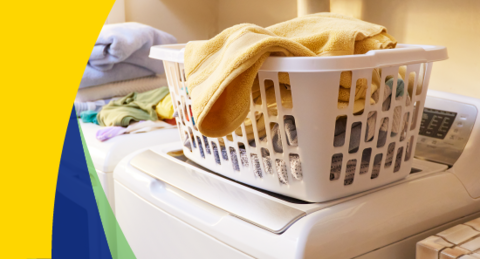
Energy Alerts
Stay informed on your energy use and avoid surprises on your bill. Sign into My Energy Center to personalize your Energy Alerts and get text or email notifications when your usage reaches a dollar amount limit that you set.
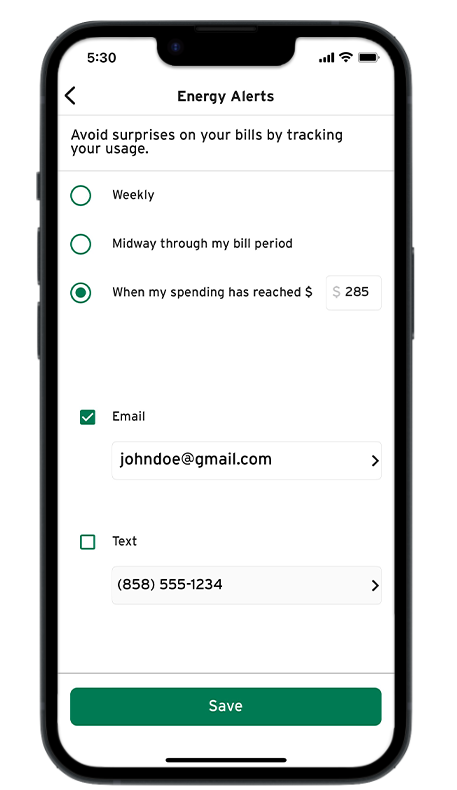
My Energy Charts
Taking control of your energy bill has never been more convenient. Sign into My Energy Center for easy-to-use features that help you track your energy use and predict your bill.
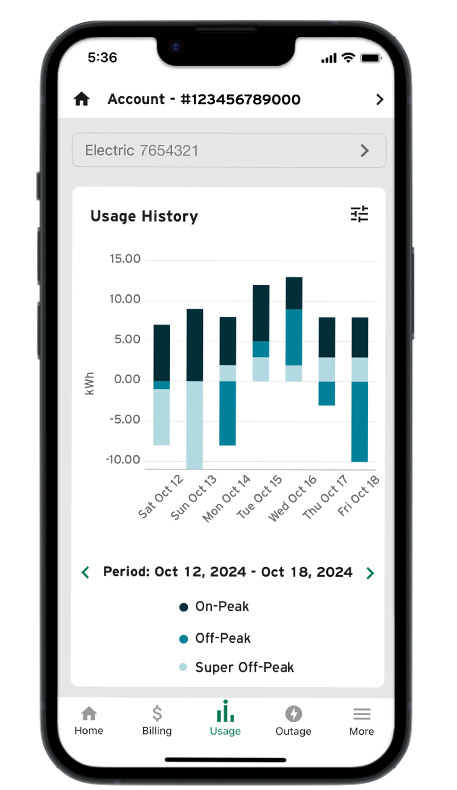
Finding the Vampires
Discover and defeat hidden Vampire Energy with our calculator!
| Which of these energy vampires do you have plugged in? | Quantity | Avg kWh per Year * | Energy cost per year ** |
|---|---|---|---|
| Robot Vacuum Charger | 10 | $4.29 | |
| Monitor | 21 | $8.88 | |
| Air Purifier | 25 | $10.36 | |
| Coffee Maker | 33 | $14.06 | |
| Television | 33 | $14.06 | |
| Smart Home Hub | 51 | $21.31 | |
| Microwave | 53 | $22.19 | |
| Computer Laptop | 56 | $23.67 | |
| Gaming Console | 60 | $25.15 | |
| Toaster | 70 | $29.59 | |
| Printer | 92 | $38.62 | |
| Modem/WiFi | 117 | $49.12 | |
| Audio System | 141 | $59.18 | |
| Cable Box | 281 | $118.37 | |
| Uninterruptible Power Supply | 896 | $377.15 | |
|
Total |
|||
* © 2024 The Regents of the University of California, through the Lawrence Berkeley National Laboratory
**Pricing may vary. Represents a residential customer in the City of San Diego on a [San Diego Community Power/SDG&E] TOU-DR1 pricing plan. Actual savings will vary based on several factors including pricing plan.
What you can do to reduce vampire energy:
- Unplug devices when not in use.
- Adjust the power settings on your computer, game console, and TV.
- Plug items that don’t need to stay on 24/7 into a power strip, and switch them off when unneeded. Better, use a smart strip for entertainment and computer systems.
- Plug devices that you use on a regular schedule into a timer (scheduler), and program the timer to come on only when needed.
- When replacing any device or appliance, look for an Energy Star rated product.
Time-of-Use Pricing Plans
Maximize Time-of-Use to Work for You and the Environment
Did you know that the demand for energy is usually higher between 4 p.m. and 9 p.m.?
If you’re on a Time-of-Use pricing plan (which most customers are), you can save money by shifting your energy use outside these on-peak hours – and save even more by taking advantage of the lowest-priced electricity during super off-peak hours.
If you aren’t on a Time-of-Use pricing plan, shift your energy use outside of 4-9 p.m. to make use of cleaner, renewable energy sources when they are more available to the grid.
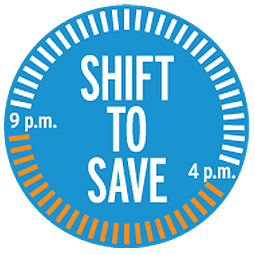
Delay Chores
Utilize the delay start button on your dishwasher and washing machine, if you can.
Charge While You Sleep
Before you sleep, plug in your devices so they can recharge during super off-peak hours.
Set a Timer
Schedule your pool and spa pumps to run during super off-peak hours.
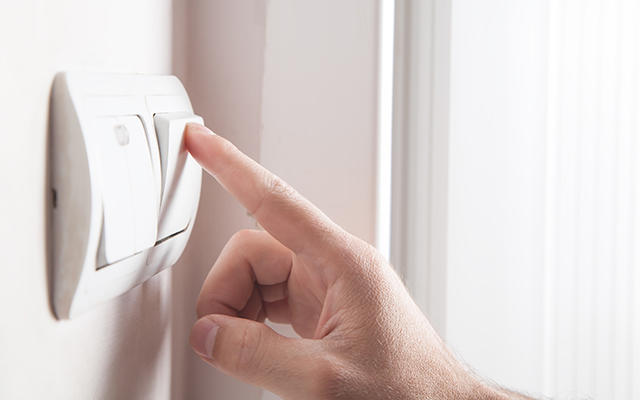
Statewide Flex Alerts
Flex Alerts call for voluntary energy conservation. Stay informed and support the grid when it needs you most.

Home Energy Survey
Our 5-minute survey can help you identify ways to save energy in your home, which could lead to savings on your bill.
Did you find what you were looking for?
Enroll in Level Pay
You can have a more predictable energy bill with this budgeting tool that automatically evens out the monthly highs and lows so your energy bills are more consistent.
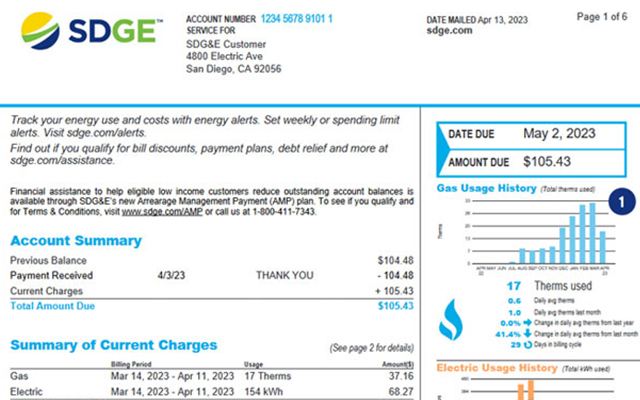
Understand Your Bill
Review highlighted features on a sample SDG&E and CCA bill to help you better understand your bill and manage your energy use.
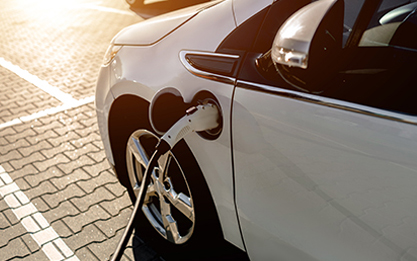
Check Your Pricing Plan Options
Being on the right energy plan for your lifestyle can add up to real savings on your bill, especially if you can shift your energy use.

Enjoy the Convenience of Auto Pay
Enroll in Auto Pay with My Energy Center. It's an easy and secure way to make sure your SDG&E bill is paid on time. Automatically. Each month.
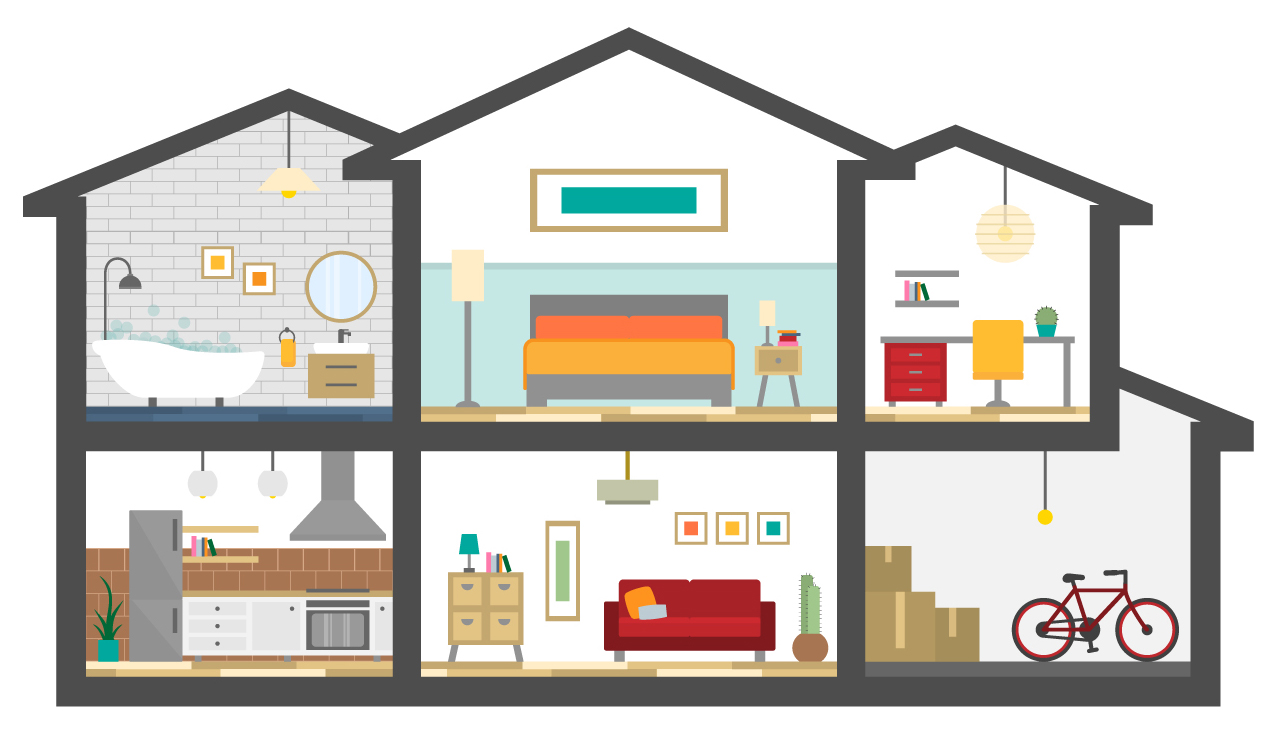
Water heating accounts for 30% of your home’s total energy use. The longer you run hot water, the higher your energy use and bills. To save, try reducing how much hot water you use.
Along with LED light bulbs, use ENERGY STAR light fixtures, which use less energy and produce less heat.
Save energy and money by running full loads in dishwashers and washing machines.
in rarely used rooms and concentrate heat in your living spaces.
Before you sleep, plug in your devices so they can recharge during super off-peak hours.
When streaming content, choose the smallest device that makes sense for the number of people watching. Game consoles can use 10 times more power than streaming through a tablet or laptop.
Using warm water instead of hot can cut a load's energy use in half; using cold water will save even more. Bonus, cold water helps your clothes last longer.
Lower the thermostat on your water heater to 120F, if possible. A 10° F reduction can save up to five percent on water heating costs. (*According to the Department Of Energy)
More Energy-Saving Tips
Cool Down with a Fan
Use ceiling and tabletop fans to cool off, and leave the thermostat at a higher temperature. Turn fans off when you leave a room as fans cool people, not rooms.
Precool Your Home before 4 p.m.
Take advantage of lower priced energy by setting your A/C between 68⁰ and 74⁰ F before 4 p.m. During on-peak hours of 4 p.m. to 9 p.m., adjust your thermostat to 78⁰, health permitting.
Look for air leaks
Weatherstrip and caulk drafty doors and windows to keep conditioned air in and save up to 5% on cooling costs.
Delay Chores
Shift some chores like laundry and running the dishwasher outside the on-peak hours of 4 p.m. to 9 p.m. Save even more if you can do laundry before 2 pm on the weekends*.
Check Your Filter
Check your A/C’s filter every one to two months, and keep your clothes dryer vents and lint filters clean. Dirty filters cause your system to work harder, which wastes energy.
Block the Sun
During the heat of the day, cover windows to block the sun’s heat. If you can, open windows at night and in the early morning to let in cool air.
Use small appliances
Instead of using the oven, use small appliances such as a microwave, toaster oven or slow cooker. The use less energy and won’t add much heat to your home.
Fire up the grill
Take the heat out of your kitchen by cooking outside. It’s also a good excuse to get your family outside and away from electronics
California Energy Usage Matching Game*
Drag each percentage from the right and drop it on the correct category on the left. Tap each percentage from the right and then tap the correct category on the left to match it.
*Data source: U.S. Energy Information Administration, Office of Energy Consumption and Efficiency Statistics, 2020 Residential Energy Consumption Survey
Avoid Opening the Oven
Every time the door of an oven is opened, more natural gas is used to replace the heat lost.

Enjoy No-Heat Recipes
Try no-heat meals, such as chicken or tuna salads, wraps, subs or cheese boards. There are even no-bake dessert recipes.
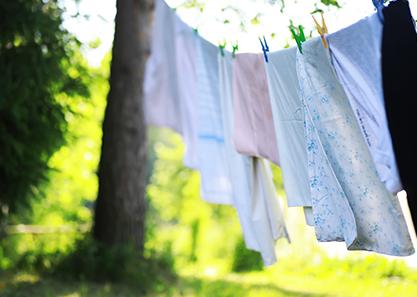
Give Your Dryer Time Off
Consider outdoor line-drying on sunny, breezy days to save natural gas.





